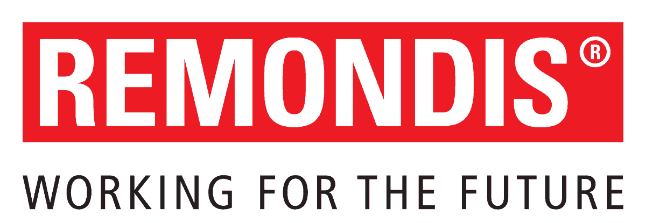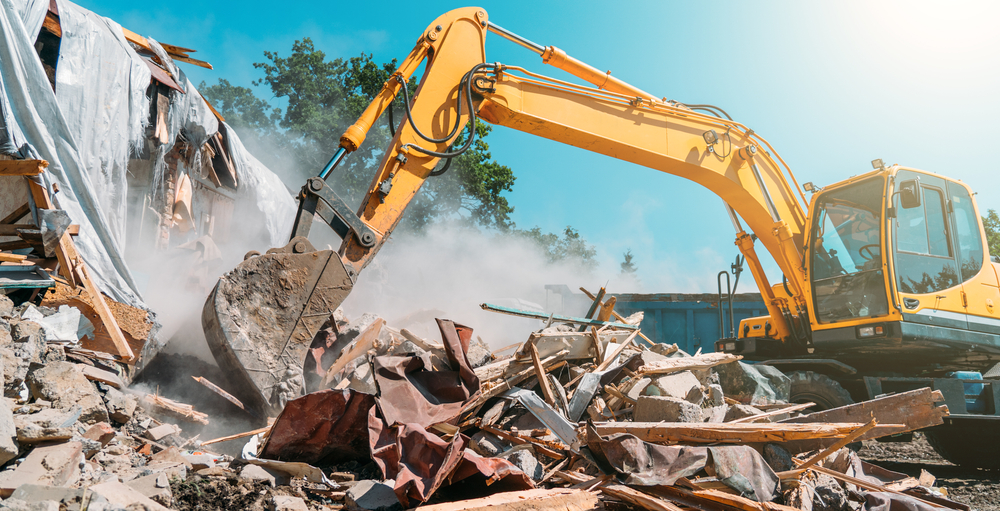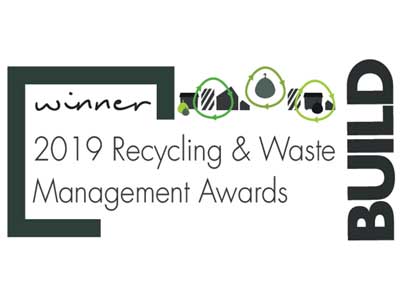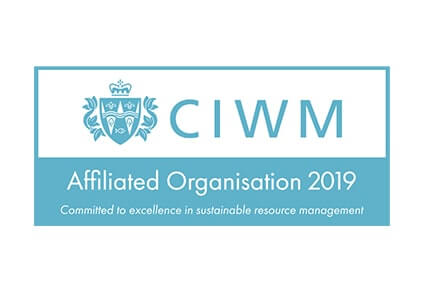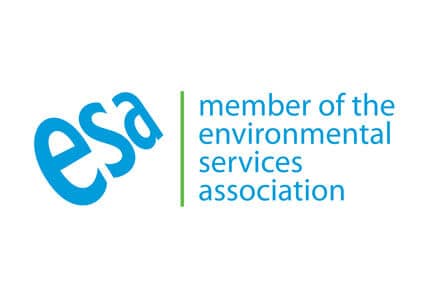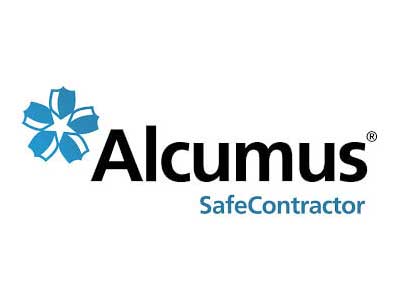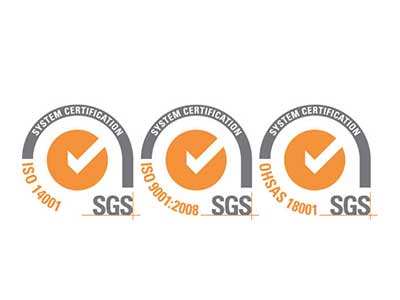Did you know that according to Netregs.co.uk, 10 million tonnes of construction products are wasted every year? Typically at the cost of £1.5 billion?
Construction waste and building materials can be harmful to the environment, and costly to your business. Making sure that you have a clear and easy-to-follow construction waste management plan is vital.
The correct management and disposal of construction waste is a step that all businesses should be taking. All it requires is some simple changes on-site, and your business could be working towards making a positive impact on the environment.
As a leading recycling company, with a business model that reflects environmental best practices, and as over 95% of the waste we receive is recovered or recycled, over the years we have learned a thing or two about effective waste management. Below, we have complied all of our tips for effective waste management.
Firstly, What Is Construction and Demolition Waste?
Construction waste is any unwanted material created by demolition and construction projects. Typically, these materials include concrete, bricks and stone, broken equipment, packaging for building materials and more.
It is a certainty that construction sites will generate waste, however, with the right site waste management plan, you can limit the amount that goes to landfill.
Your Legal Requirement
All construction companies are legally required to reduce consumption, ensure they are reusing materials and recycle construction waste. They also have a duty of care to ensure that any waste produced is properly managed.
Effective waste management is enforced by the Environmental Agency, and failure to ensure proper waste disposal could result in large fines and a damaged company reputation.
Types of Construction and Demolition Waste
A construction or demolition site can generate many different types of waste, typically split into three main categories:
Inert Waste
Inert waste includes concrete, asphalt, bricks, stones and soil. Making up the bulk of demolition and construction waste, this waste is not chemically or biologically reactive and it will not decompose, so this waste should not go to landfill.
Non-Hazardous Substances
Non-hazardous waste won’t cause harm to human health. This waste includes plastic recycling, and glass and metal waste.
Hazardous Substances
Hazardous waste is harmful to human health, including materials such as asbestos. You must ensure that hazardous waste is properly managed under the COSHH regulations, Control of Lead at Work Regulations, and Control of Asbestos Regulations 2012, and is handled only by a specialist.
Why Is Correct Waste Management Important?
Waste management in the construction industry is vital as landfill sites become more burdened and space is scarce. If construction waste is not managed properly, hazardous waste can pollute both soil and water. The construction industry needs to be more attentive when it comes to site waste management to minimise pollution incidents and preserve the planet’s natural resources. Construction waste management is also important to:
- Comply with Waste (England and Wales) Regulations 2011,
- Save money on removal costs and landfill tax,
- Minimise accidents with hazardous wastes,
- Recognise your company’s ethical responsibility,
- Build your company’s reputation,
- Create a progressive work ethic.
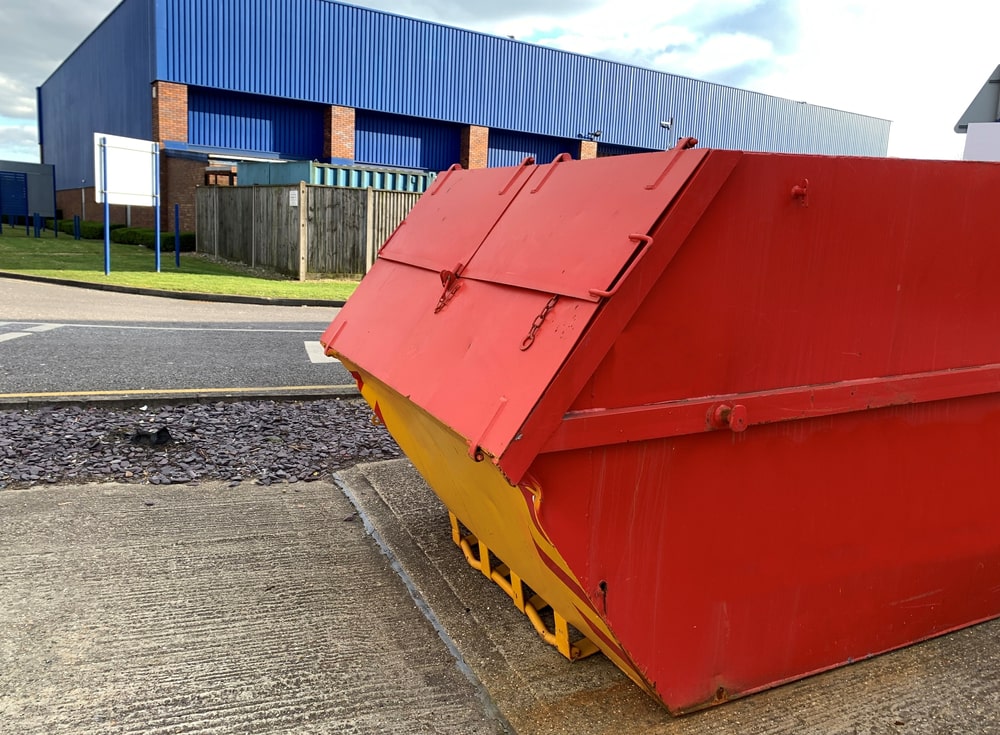
How To Create A Construction Waste Management Plan
Construction businesses have the legal requirement to follow the waste management hierarchy, where waste is reduced, reused and recycled before disposal. The steps in the hierarchy to reducing waste are:
Reuse Waste Materials
- Improve procurement by aligning ordering, to avoid over-ordering or incorrect orders
- Avoid removing plastic packaging until the materials are used,
- Reduce off-cuts by using standard sizes and quantities,
- Order materials to arrive on time to reduce the risk of damage in storage areas,
- After each project, review how much waste was produced. Use this to adjust future ordering.
Recycle Construction Waste
Make sure to properly store any leftover construction materials properly, including:
- Bricks and tiles
- Inert materials
- Timber
- Paint
- Plasterboard
- Packaging
A responsible waste management company will be able to advise you on materials that can be recycled and will be able to remove your waste and ensure that it is disposed of properly.
Here at REMONDIS, we are leaders in recycling a wide range of materials. We’ll take your waste and give it a chance to be reused, providing you with a waste transfer note for the peace of mind that your waste will not be illegally disposed of. We are focused on achieving maximum diversion from landfill and have reached over 95% of waste recovered, recycled or processed into refuse-derived fuel (RDF). To maximise recycling best practices and construction waste management for your business, make sure to get in touch with REMONDIS, today.
